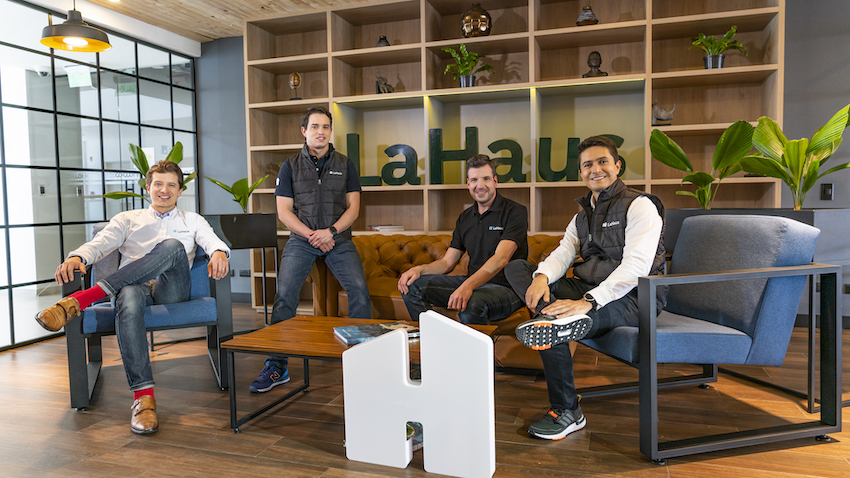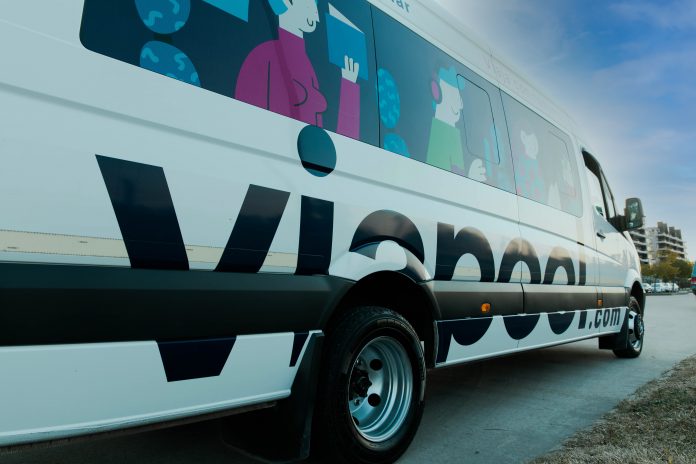Last November, Colombian proptech La Haus announced it would accept Bitcoin for real estate investments in Mexico. It didn’t take long: today, the company announced its first sale in Bitcoin. An apartment at Palais Tulum, a residential complex in the Mayan Riviera, Quintana Roo, was sold for 5.78 ₿.
The buyer is a resident from Lima, Peru, who was looking for a place to vacation through the La Haus platform. The Palais Tulum complex, which is at 80% of its total construction, belongs to the Rivieralty real estate development company.
After the sale, the developer decided to keep the 5.78 ₿ in cryptocurrency and not convert it into fiat. That is about US$245,786, considering that Bitcoin was trading at US$42,523.54 at the moment of publication.
La Haus is a proptech founded by Jeronimo Uribe, Tomas Uribe, Rodrigo Sanchez-Rios, and Santiago García. Half a year ago, they said in a statement that they wanted to open their real estate developments to cryptocurrencies, since 50% of their customers are not Mexico nationals.
The use of digital currencies would make it easier for them to process cross-border transactions. “This is real. It is an effective and convenient way to make international transactions, because it removes intermediaries and addresses real problems in Latin America such as fluctuations in exchange rates and inflation,” said Jehudi Castro-Sierra, a VP at La Haus.
Cryptocurrencies and Real Estate
Although the practice of using cryptocurrencies to buy or auction homes is recent in Latin America, it is becoming increasingly common in countries like the United States.
For example, 11.6% of first-time homebuyers in the U.S. during Q4 2021 sold cryptocurrencies to finance the down payment, a Redfin survey noted.
“Cryptocurrencies are a way for people without generational wealth to win a sort of lottery ticket for the middle class,” said Daryl Fairweather, chief economist at Redfin, in a statement.
In Latin America, around 37% of the population belongs to the middle class (although the definition tends to vary by region). According to the World Bank, a middle-class person in Mexico earns between US$380, and US$2,044 per month.
If, for example, one of these people wanted to purchase one of the properties at La Haus, they would not be able to do it with their usual income, much less considering the effects of inflation on their purchasing power. Taking that into account, La Haus is offering the use of Bitcoin, which is immune to inflationary fluctuations, to purchase properties.
La Haus said in their statement that Bitcoin would facilitate greater foreign investment in Mexican real estate, but the question still remains whether this would also benefit potential domestic buyers seeking to acquire a property in their country.
You may also be interested in: While Some Currencies Depreciate in LatAm, Cryptocurrencies Gain Popularity







